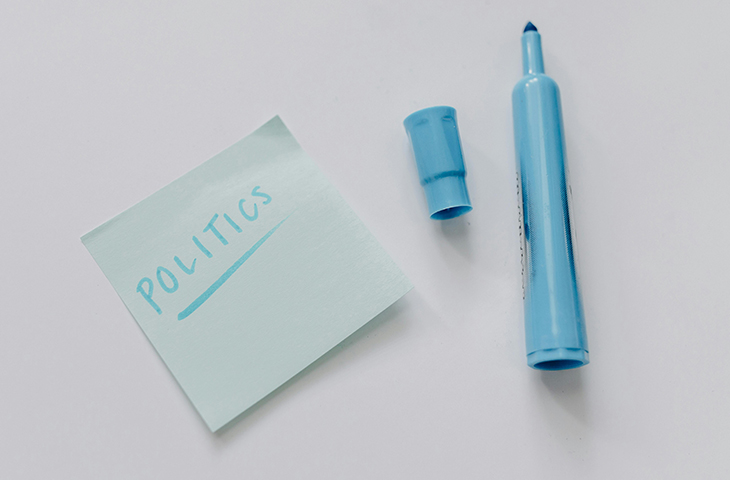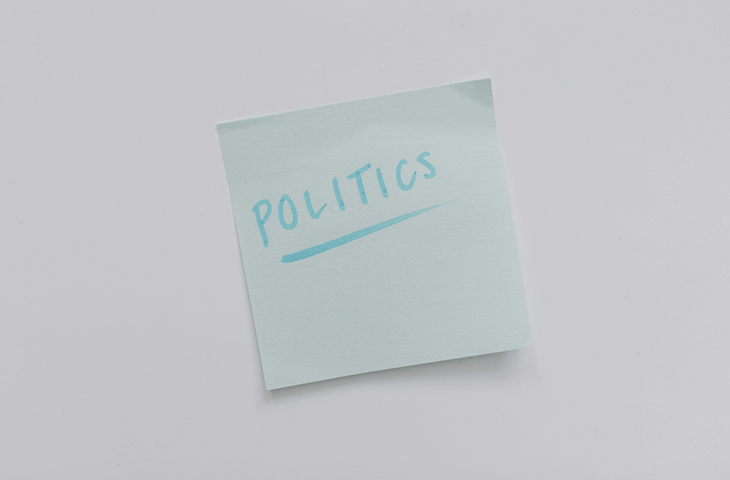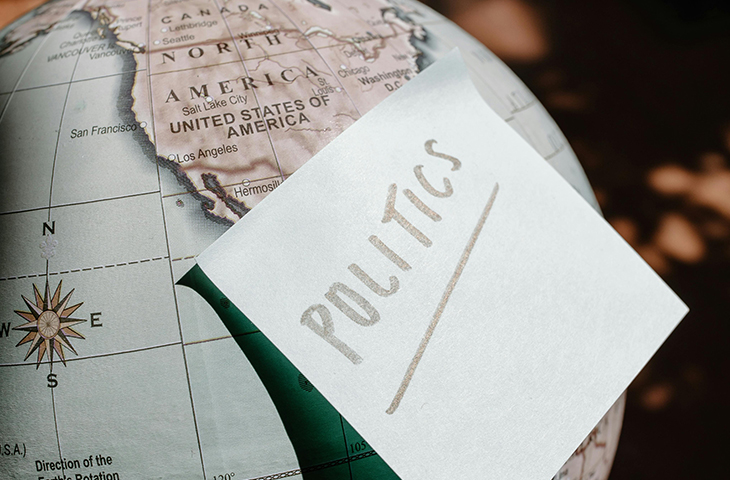Meta Prepares To Fight For Its Life In A Washington Court

After a nearly six-year investigation and legal battle, on Monday the Federal Trade Commission faces off against Meta in an antitrust trial that could decide whether the tech giant lives or dies.
If the FTC successfully convinces U.S. District Judge James Boasberg (yes, that Boasberg) that Meta used its acquisition of Instagram and WhatsApp to lock in an illegal social media monopoly, the agency would next look to unwind Meta CEO Mark Zuckerberg’s carefully assembled social media empire.
That would break up a $1.4 trillion company — a process that hasn’t been attempted at such a scale since telephone monopoly AT&T was broken up 40 years ago, marking a historic pushback on excessive corporate power.
But the whole case was launched before Zuckerberg had cultivated a friendly new relationship with President Donald Trump.
Andrew Ferguson, Trump’s newly installed pick to lead the FTC, said earlier this month that his lawyers are “raring to go” against Meta. But concerns are growing that the president could weigh in on the social media giant’s behalf. Zuckerberg met with Trump in the Oval Office earlier this month, reportedly to ask for a settlement in the antitrust case ahead of trial.
The case has bipartisan roots: It was initially filed during the first Trump administration, then aggressively advanced by former President Joe Biden’s antitrust enforcers and is at last going to trial under the leadership of Ferguson.
It has gone through tremendous ups and downs over the last half-decade — Boasberg threw out the FTC’s original case, allowing it to move forward only after the agency refined its arguments. Meta filed unsuccessfully for summary judgement in April 2024, with Boasberg rejecting that filing in November before setting an April 2025 trial date.
In a statement late last week, Meta spokesperson Christopher Sgro said the FTC’s lawsuit “defies reality,” and that the company operates in a competitive social media landscape.
“The evidence at trial will show what every 17-year-old in the world knows: Instagram, Facebook and WhatsApp compete with Chinese-owned TikTok, YouTube, X, iMessage and many others,” Sgro said. “More than 10 years after the FTC reviewed and cleared our acquisitions, the Commission’s action in this case sends the message that no deal is ever truly final.”
Sgro added that the FTC “should be supporting American innovation, rather than seeking to break up a great American company and further advantaging China on critical issues like AI.”
The Meta monopoly trial will extend into the summer and could go as late as July. Here are three things we’ll be looking out for as it kicks off:
Will Boasberg buy the FTC’s argument?
The case is a bench trial with no jury, so it all hinges on Boasberg, who was appointed in 2011 by former President Barack Obama to serve on the U.S. District Court for the District of Columbia. He is currently embroiled in an unusual clash with the Trump administration over its effort to deport Venezuelan immigrants to an El Salvador prison, leading Trump to call for his impeachment.
By this point, Boasberg is quite familiar with both sides’ arguments. And he has repeatedly sounded skeptical of the government’s claim that Meta’s 2012 purchase of Instagram and its 2014 purchase of WhatsApp represent illegal attempts to lock in a social media monopoly.
When Boasberg threw out the FTC’s initial case in 2021, he singled out the agency’s “inability to offer any indication of the metric(s) or method(s) it used to calculate Facebook’s market share.” And even while approving the FTC’s updated filing in Jan. 2022, he said the agency “may well face a tall task down the road in proving its allegations.”
The judge sounded even more skeptical in November, saying the FTC “faces hard questions about whether its claims can hold up in the crucible of trial” and claiming that its “positions at times strain this country’s creaking antitrust precedents to their limits.”
There’s a case to be made that the social media market is more competitive than when Meta purchased Instagram and WhatsApp — particularly given the rapid rise of TikTok. But the FTC is likely to focus on evidence that Zuckerberg bought Instagram and WhatsApp specifically to squash competition, regardless of the current state of the market. It’s safe to expect significant back-and-forth over those points, and Boasberg could provide some early clues as to who he thinks has a better case.
Which tech titans will testify?
Major cases like this are rare moments when CEOs are grilled about their business practices in public. A wide range of tech executives are slated to testify on both sides of the Meta case, though it’s not yet clear who will be present in the courtroom on Monday.
Zuckerberg (who just bought a mansion in Washington) is expected to make an appearance at some point, along with Meta’s former chief operating officer Sheryl Sandberg and a clutch of other current and former executives, including some from Instagram and WhatsApp. Top executives at rival platforms, including Snap, Pinterest and TikTok, are also expected to testify.
Does Trump throw a wrench in the case?
The president looms unusually large ahead of Monday’s trial, with antitrust observers in Washington fretting that Trump will intervene at some point — most likely on Meta’s behalf.
Typically that wouldn’t be possible, since the FTC has historically operated independently of the White House. But Trump’s move last month to fire the FTC’s Democratic commissioners, coupled with Ferguson’s claim that he would follow the president’s orders, has given Trump unprecedented influence over the agency.
While Trump and Zuckerberg have clashed in the past, the Meta CEO recently launched an aggressive campaign to curry favor with the new president and other Republicans. Those efforts — which include complete overhauls of Meta’s content policies and the elevation of longtime Republicans to key roles in the company — could prompt Trump to bail out Zuckerberg sooner or later.
Even if Trump allows the trial to proceed, it’s possible that the president could intervene down the line. Among other things, he could direct Ferguson to go easy on Meta should the FTC win at trial — potentially preventing the breakup of the company even after Meta loses in court.


